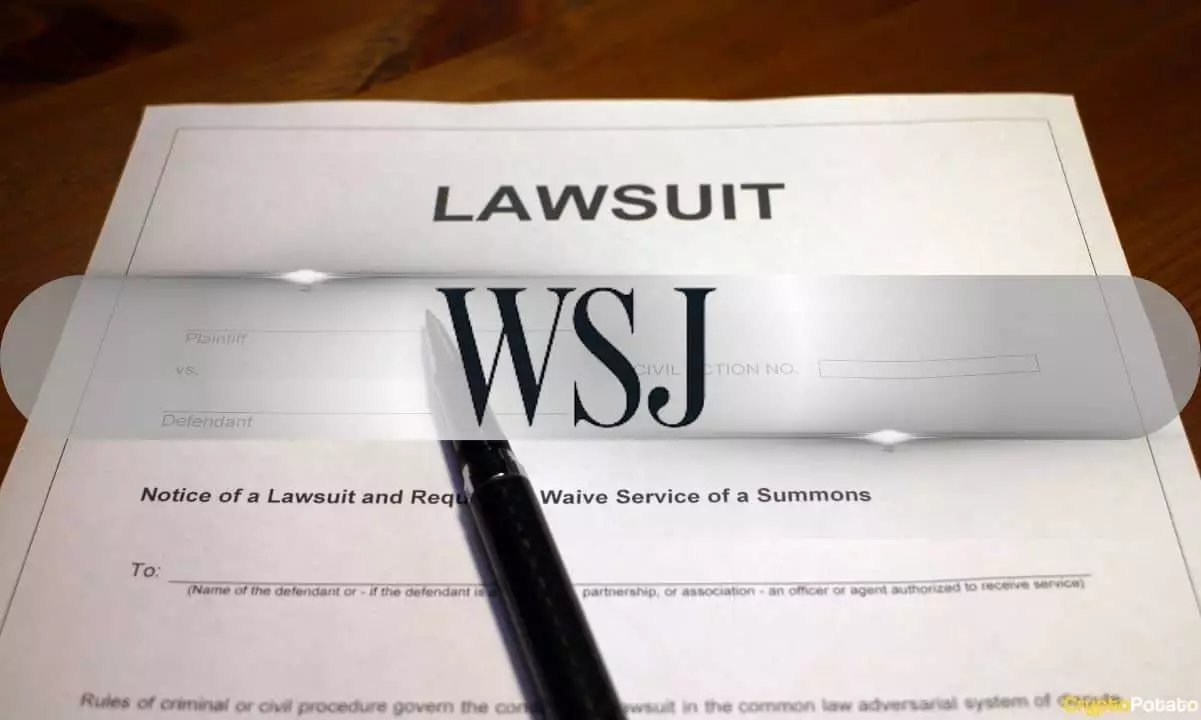The Wall Street Journal’s investigative article at the beginning of last spring shed light on the operations of Tether, Bitfinex, and their associated companies. The report highlighted the majority ownership of iFinex, a corporation based in the Virgin Islands, in both Tether and Bitfinex. It suggested that these entities resorted to questionable tactics to maintain their connections to the international banking system. The use of smaller shell companies and accounts connected to businessmen with existing reputations were among the strategies mentioned in the article. However, these accounts were often opened under different company names for appearances, raising concerns about transparency and regulatory compliance.
The repercussions of these practices became apparent as Tether and Bitfinex found themselves entangled in various investigations related to terrorist financing and financial crimes. The seizure of $850 million from Panama-based payment processor Crypto Capital Corp, suspected to be tied to Tether, dealt a significant blow to the companies. The lack of formal documentation regarding this relationship further complicated matters, leading to substantial financial losses. Moreover, the alleged involvement of AML Global Ltd., owned by British businessman Christopher Harborne, in questionable financial conduct further tarnished the reputation of iFinex and its affiliates.
In response to the accusations leveled against him and his company in the Wall Street Journal article, Christopher Harborne took legal action against Dow Jones & Company, the parent company of WSJ, in Delaware. He filed a defamation lawsuit, disputing the claims of fraud, money laundering, and terrorist financing. Harborne refuted the allegations of wrongdoing, clarified his role as a stakeholder rather than an executive, and attributed his ownership stake to a reimbursement plan from Bitfinex following a hacking incident during the company’s early stages.
Following the legal dispute initiated by Christopher Harborne, the Wall Street Journal retracted the contentious portion of the article that implicated him and AML Global Ltd. in illicit activities. The decision to retract this information reflects a degree of caution on the part of the publication in light of the legal challenges raised by the affected parties. This episode underscores the importance of thorough investigation, fact-checking, and due diligence in reporting on complex and sensitive issues within the financial sector.
The controversy surrounding Tether, Bitfinex, and their associated companies serves as a cautionary tale for businesses operating in the cryptocurrency and fintech space. The regulatory landscape governing such entities is complex and constantly evolving, necessitating a proactive approach to compliance and transparency. Transparency in corporate ownership structures, adherence to anti-money laundering (AML) protocols, and robust internal controls are essential components of a sound governance framework. By learning from the missteps and challenges faced by Tether, Bitfinex, and their counterparts, industry players can strive to enhance their operational integrity and public trust.















